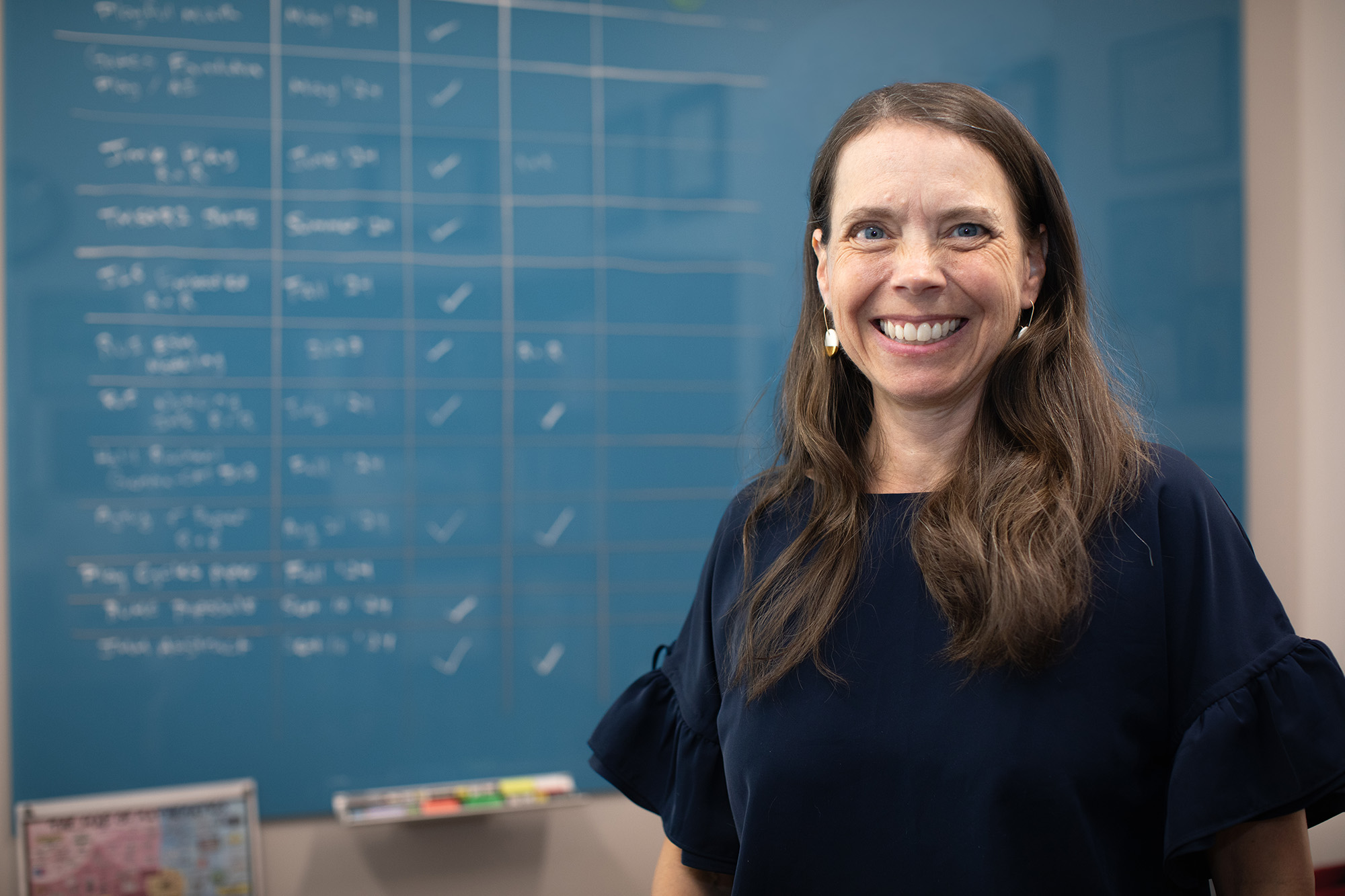
Whether I am working with pre-service teachers, in-service teachers, or graduate students, I work to build environments where my students can reflect on and build their own mathematical knowledge, become familiar with the research on student thinking about different mathematics topics, and learn to integrate research into their own teaching practice.
Professor
My philosophy on teaching is informed by my views on learning. I consider learning to be the process of constructing new knowledge by building on and modifying existing knowledge structures. Because students interpret classroom instruction through the framework of their existing understanding, it is important for me to understand my students’ perspectives and to create learning opportunities that appropriately build on their knowledge and experiences.
My experience as a former middle-school and high-school math teacher informs my practice today. Working in diverse settings in the San Francisco bay area, I found that my students’ unique perspectives and strengths enriched my teaching practice and deepened my understanding of how to make mathematics accessible and engaging for all learners. Now, as a mathematics education professor, I love working with future and current teachers. I am passionate about helping them reflect on their teaching practice, foster a love of mathematics in their students, and create welcoming and inclusive learning environments.
I have three common instructional goals for my courses. The first is to help students become reflective learners and practitioners. My instruction is aimed towards helping students consider ideas from different perspectives, critically assess data, and explore relationships between theory and practice. The second goal is to advance students’ abilities to communicate effectively. I provide opportunities for my students to develop convincing arguments and justifications, both in and out of mathematics. Finally, I have a goal of encouraging students’ development as generative learners. My courses help students create conceptual tools with which they can integrate new ideas and continue to develop as teachers and/or researchers long after the completion of their program.
Whether I am working with pre-service teachers, in-service teachers, or graduate students in mathematics education, I work to build environments where my students can reflect on and build their own mathematical knowledge, become familiar with the research on student thinking about different mathematics topics, and learn to integrate research into their own teaching practice.
One of the most rewarding parts of my research is that I get to work with adolescents! I study student learning, algebraic thinking, and mathematical play, and I have spent my career figuring out how to develop more engaging and effective tasks to foster student understanding. Part of that work involves running teaching experiments with middle-school and high-school students and learning better ways to support their thinking. I also enjoy partnering with teachers to implement research-based tasks and practices in their own classrooms.
I was born in the northeast and have lived in Pennsylvania, California, Washington, Missouri, and Wisconsin before moving to Georgia. I love the weather and the pace of life here in Athens! My family and I enjoy hiking the north Georgia mountains and visiting the beach in the summer, and I’m grateful to call Athens home.
Amy Ellis received her Ph.D. from the joint program at the University of California, San Diego, and San Diego State University. She also holds a bachelor’s and master’s degree in mathematics. Prior to her appointment at the University of Georgia, she taught middle-school and high school mathematics in California and then spent 12 years as a professor at the University of Wisconsin. In her current position, she enjoys working with pre-service and in-service mathematics teachers at the 6-12 level.
Her scholarship focuses on supporting students’ learning in middle school and high school. She has received 17 internal and external grants to study student reasoning, particularly in relation to algebra, generalization, and proof, as well as teachers’ pedagogical practices aimed at fostering meaningful student engagement. Her current project, funded by the National Science Foundation, investigates playful math and how to support students’ playful engagement with mathematical ideas. She has published three books for NCTM’s Essential Understanding Series on ratio and proportion, argumentation, and justification and proof.
